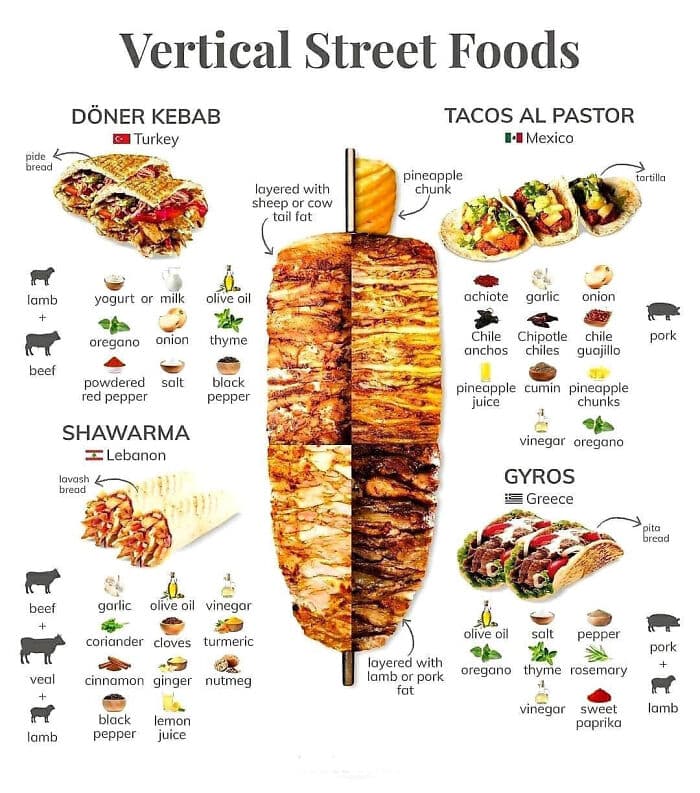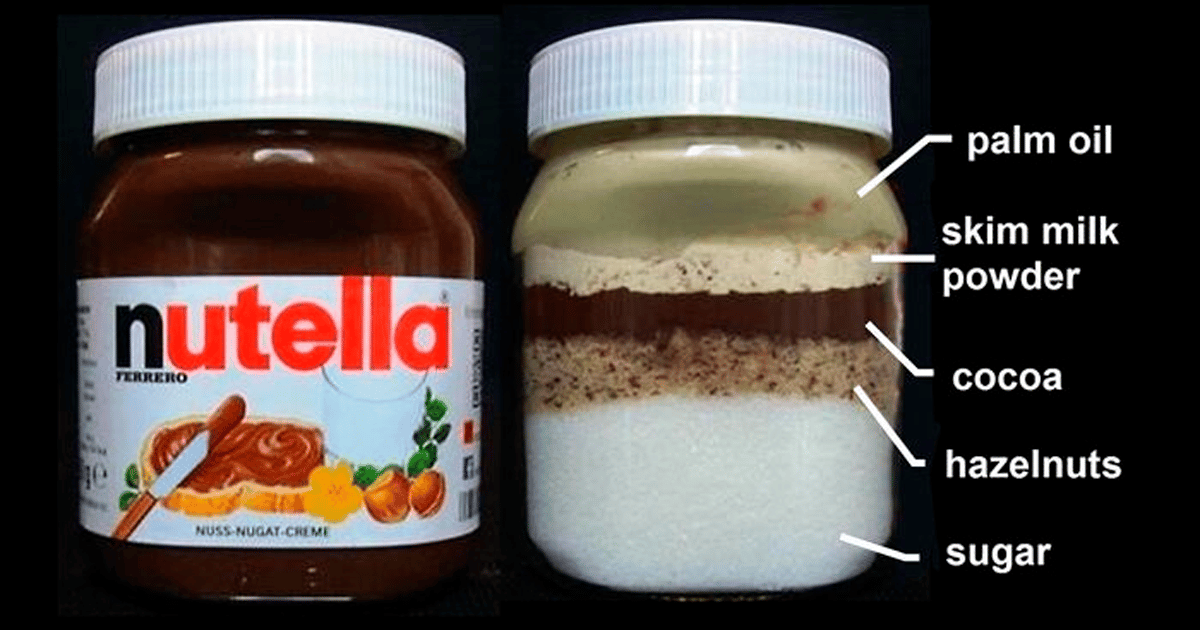Knowledge about food and cooking is not always innate. Some of us seem to have learned how to dice an onion from our ancestors, while others are lucky to be able to make a frozen pizza without burning it. If you want to improve your cooking skills, we have got you covered.
To give you a crash course in cooking and food knowledge, we have compiled some of the most informative graphics from the Cool Guides subreddit. The informative list below includes an interview with a professional chef and the host of interactive culinary events, Chef Egg.
Don’t forget to upvote the guides you find most tasty, and be sure to share any delicious cooking tips or fun food facts you know in the comments section below.
1.
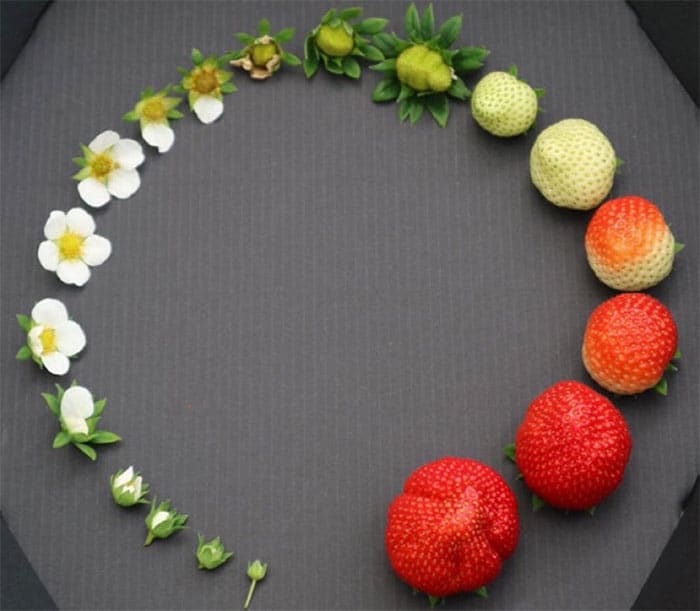
Everyone feels different about cooking. Some people find it relaxing and enjoyable, while others don’t like it and avoid it at all costs. Depending on how they grew up and what they are used to, someone’s opinion on cooking can vary. If you weren’t shown an example of making a home-cooked meal using fresh produce as a child, you wouldn’t go to the farmer’s market on Saturday to pick up ingredients for dinner.
In most cultures, women are expected to take the lead in the kitchen. Women cook more meals than men, according to the World Cooking Index. Culture plays a role in how we develop our skills. One in four Brits can only cook three recipes from scratch, according to a survey. The average person in India cooks about 13 hours a week. Most people I know like Indian food more than British food. I have an intense craving for curry.
2.
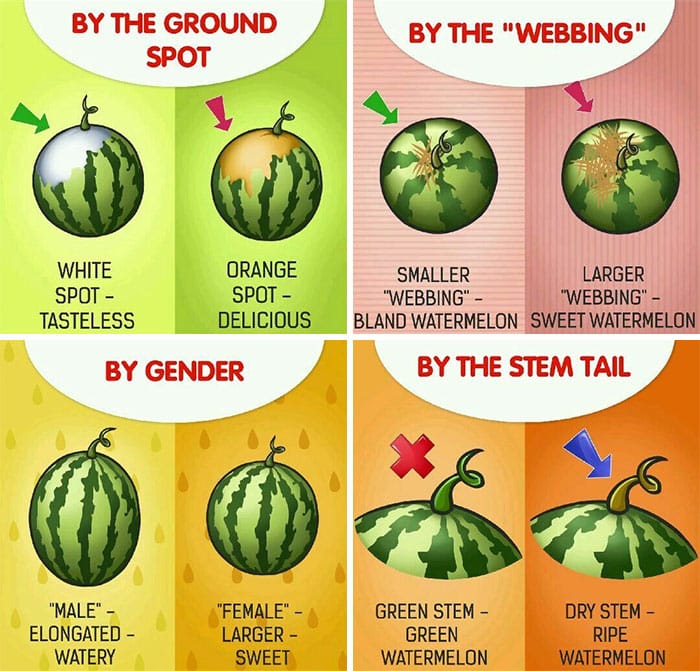
The United States is not among the countries where people spend a lot of time in the kitchen. Eddie Yoon, a researcher for the Harvard Business Review, conducted a survey that found that 90 percent of Americans don’t like cooking, with half of them saying they hate it. It is easy to avoid making meals at home these days. America dislikes cooking due to the rise of restaurant culture and convenience foods. The same meals prepared at home typically cost around half the price, and the average US household spends over $3,000 on dining out each year. It is important to be aware of the financial implications of eating out, as the temptation to hit up your favorite Italian restaurant or order sushi on Doordash becomes greater over time.
3.
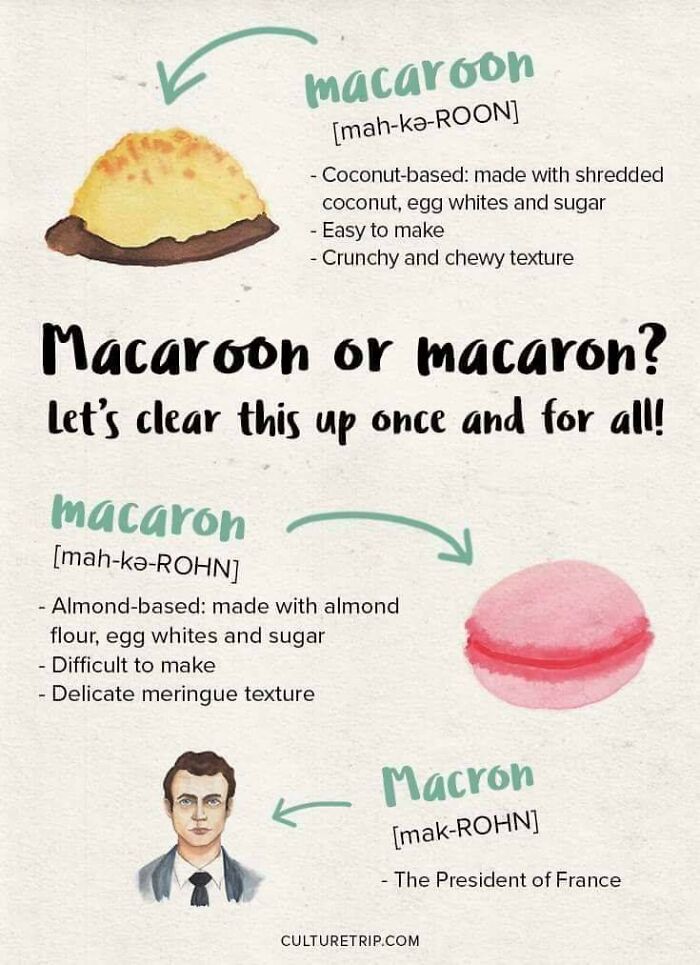
We reached out to Chef Egg, a professional chef, and host of interactive cooking events, to find out why it’s important to know how to cook. Chef Egg says the financial benefit is the first reason. “Restaurants charge 3×4 times the cost of the food,” he told us. He talked about how enjoyable cooking can be. “I like food…a lot. It tastes great. Once you have the basic fundamentals down you can literally create any recipes with good results.” He notes that cooking can also be a good way to squeeze in more nutritious meals. “You will naturally eat more healthfully. Restaurant food can be awful for your health. Regulate salt, fat, and carbs by cooking yourself.”
It is possible to get more in touch with your body by preparing your own food. Chef Egg told us that cooking can “improve small motor skills, strength, patience, health, wellbeing as well as your sense of smell and taste”. Lastly, he told us expanding our cooking skills can help “increase [our] knowledge of the world and different cultures”. “Your food journey will enlighten the way you think about your fellow humans and the world in which we live. We are all connected.”
4.
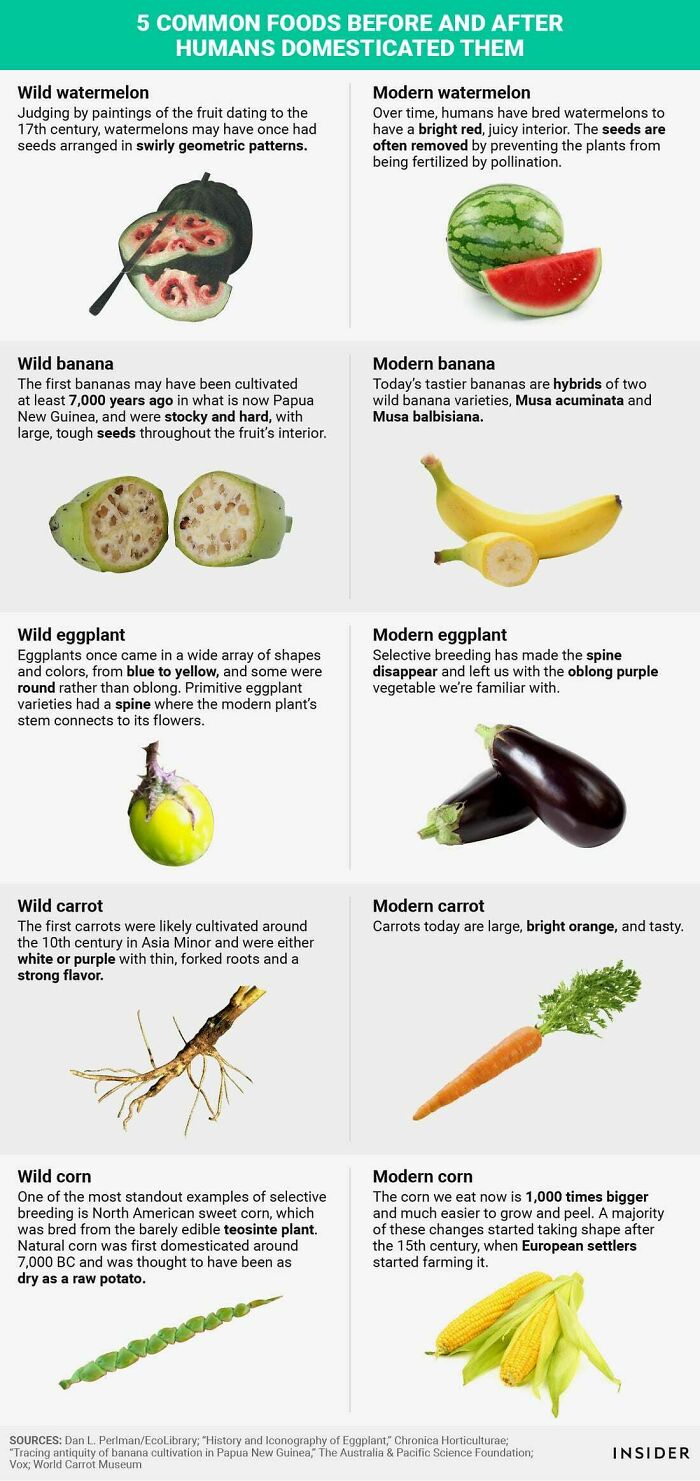
Don’t lose faith if you’ve always been intimidated by cooking and assumed you don’t have the skills. Maris has written four reasons why you might think you are a bad cook and how a few simple changes can elevate your kitchen skills. The first mistake Maris notes are beginners trying “to tackle complicated recipes with long ingredient lists”. Baby steps are the best way to start in the world of cooking. Maris notes that it can be great to dip your toes into the culinary pool by making “simple one-pot type dishes that are flavorful, relatively hands-off and require little cleanup”. People make this mistake out of fear of food poisoning. Maris suggests that the issue be solved by investing in an oven thermometer. “It doesn’t have to be a fancy one, but it will keep you from eating rubber chicken for the rest of your life,” she notes.
Maris assures readers that taking longer to prepare a recipe than they thought does not mean you are a bad cook. It takes a professional twenty minutes when a recipe says it takes just twenty minutes. You should allow yourself extra time and preparation before you start. Maris addresses the misconception that being a bad cook is related to being a good cook. She suggests that you focus on one step at a time to avoid being disorganized while searching for ingredients.
5.
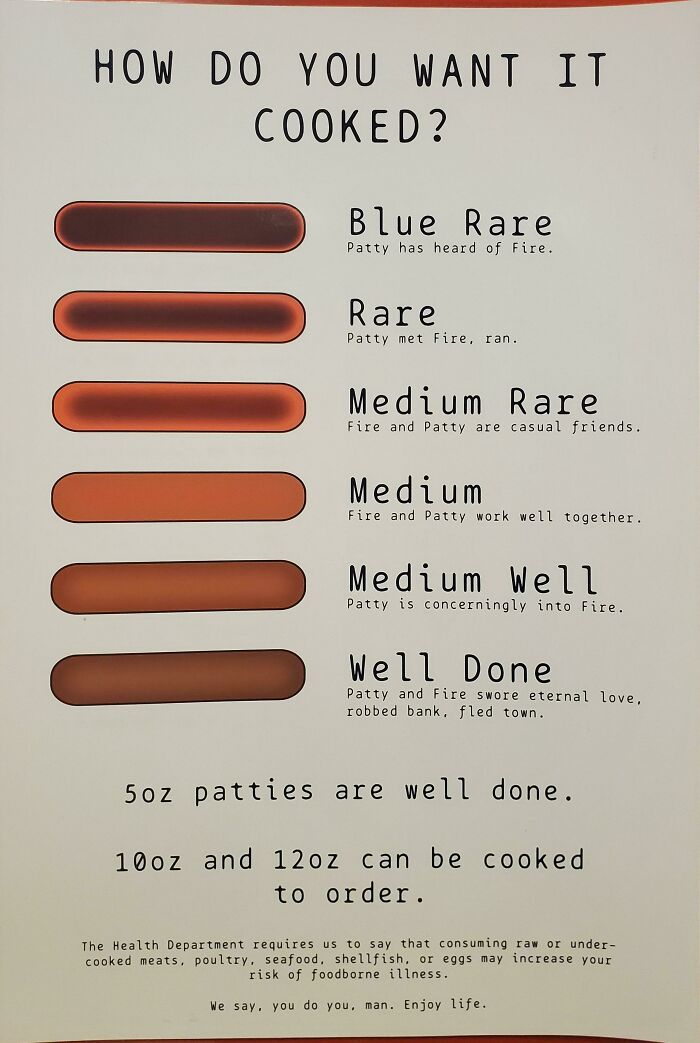
6.
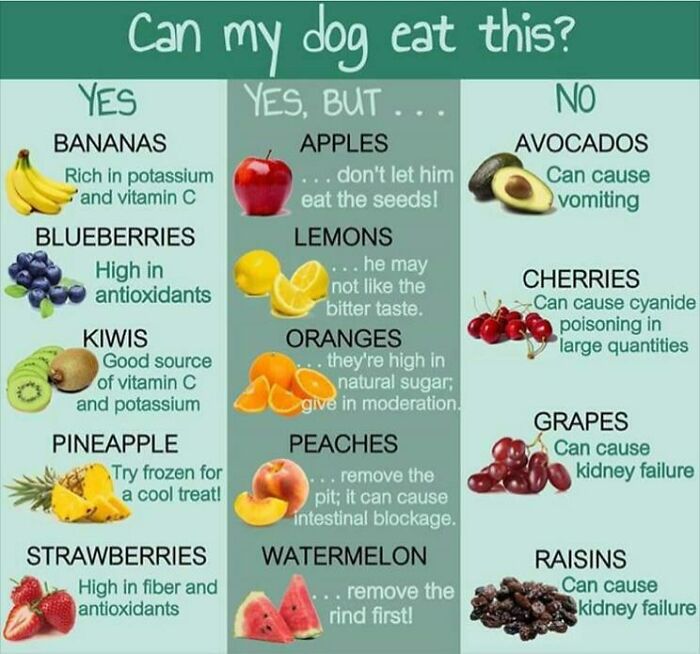
7.
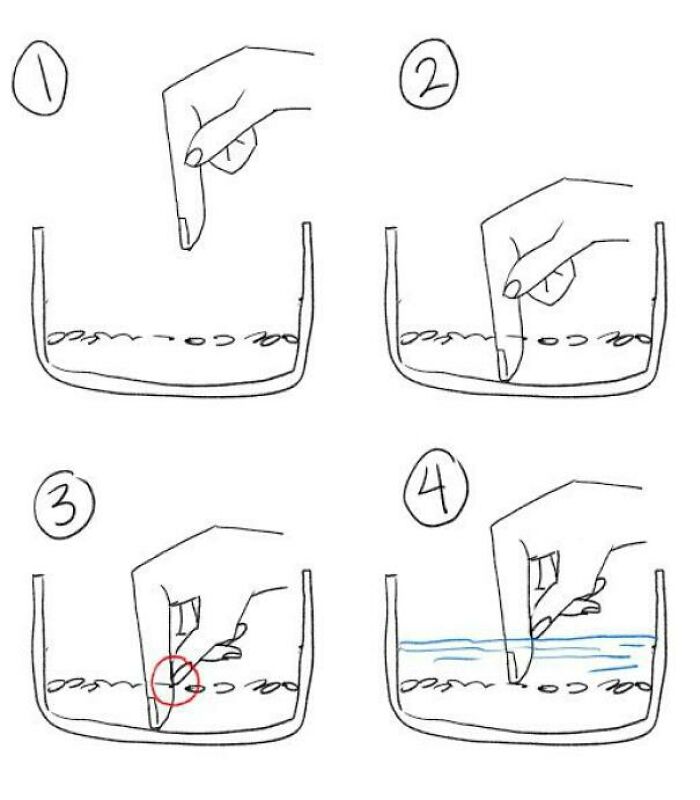
8.
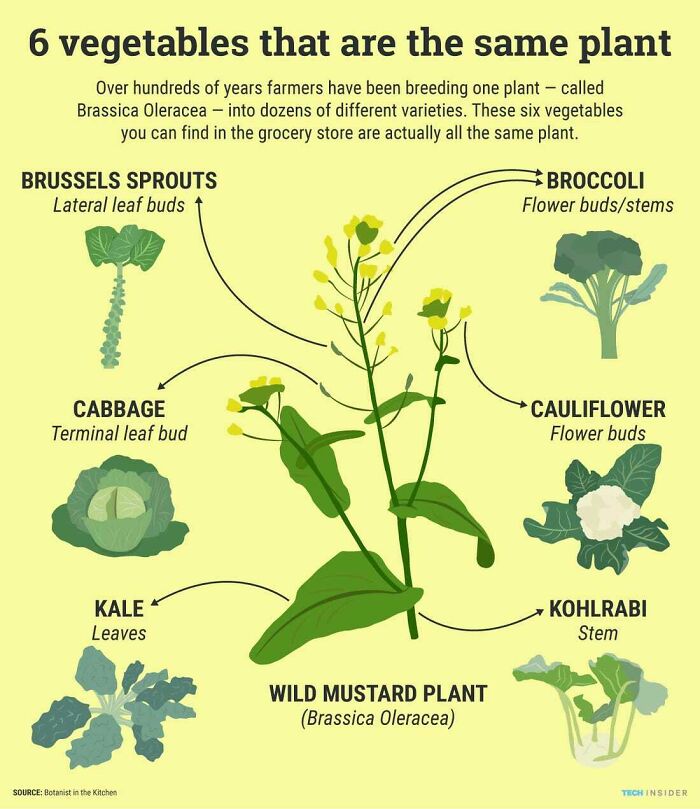
9.
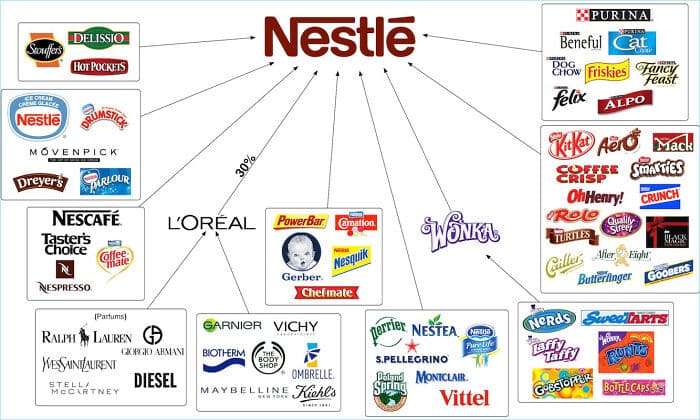
10.
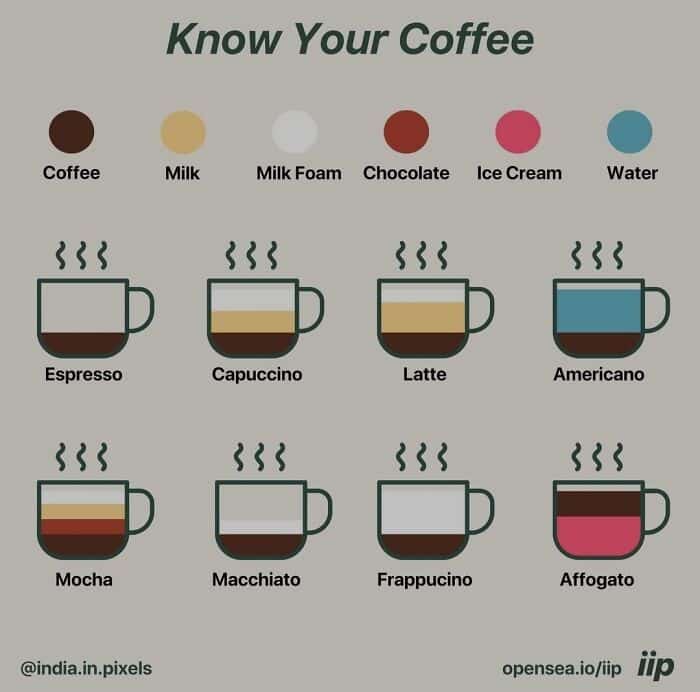
11.
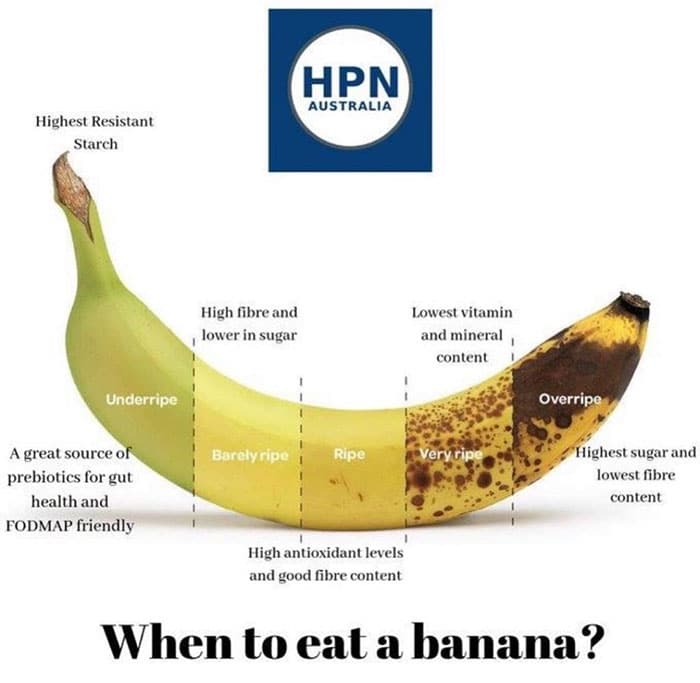
12.
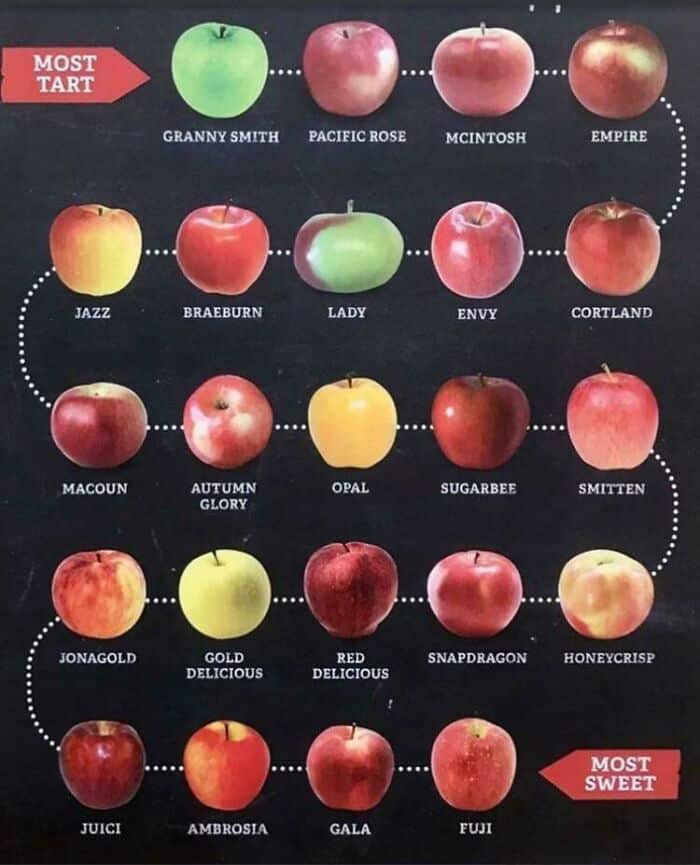
13.
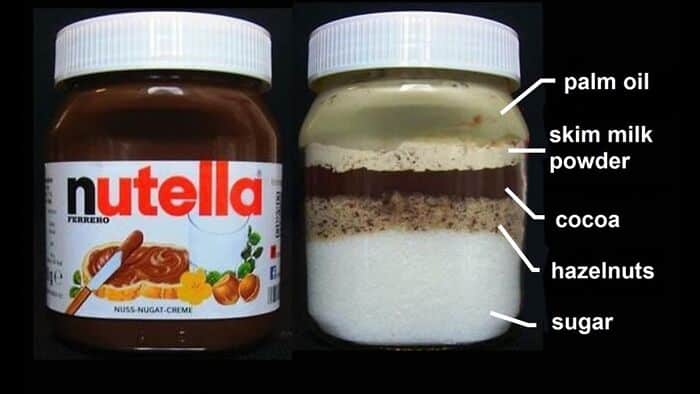
14.
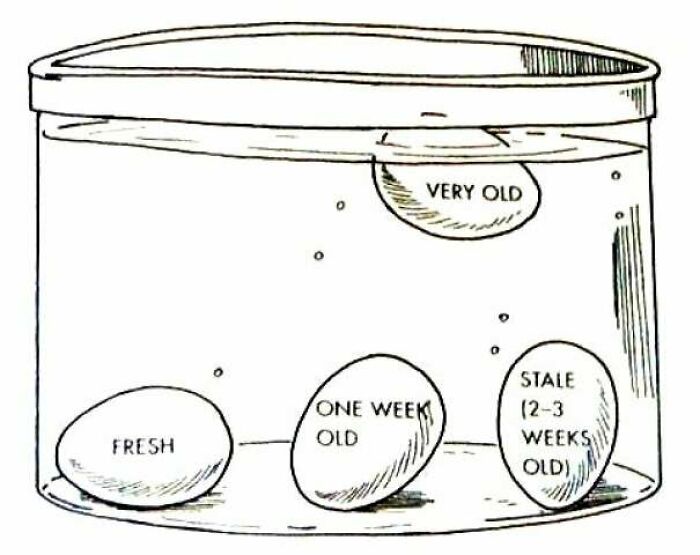
15.
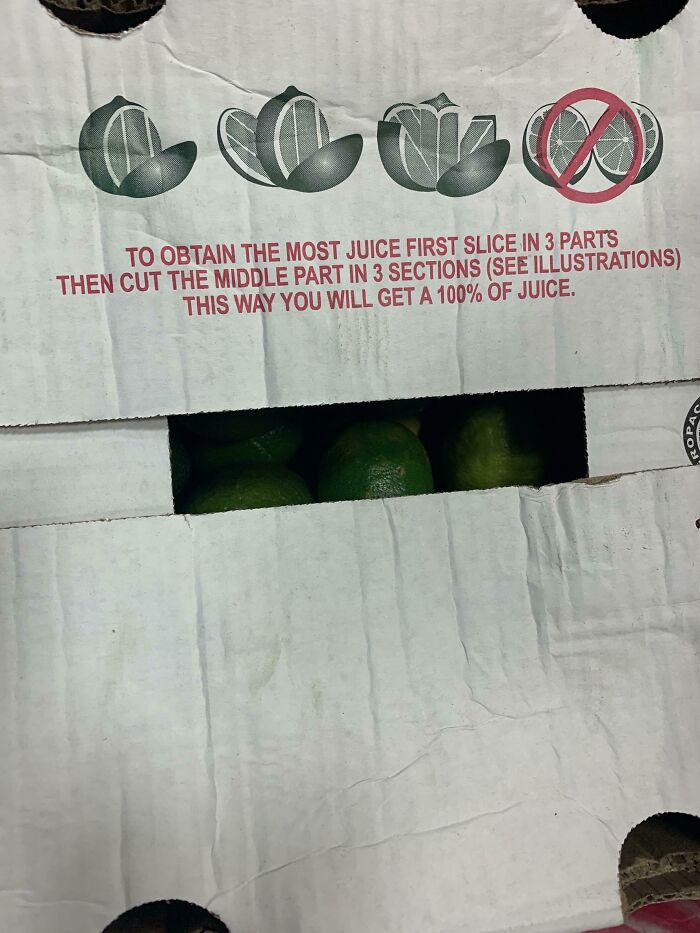
16.
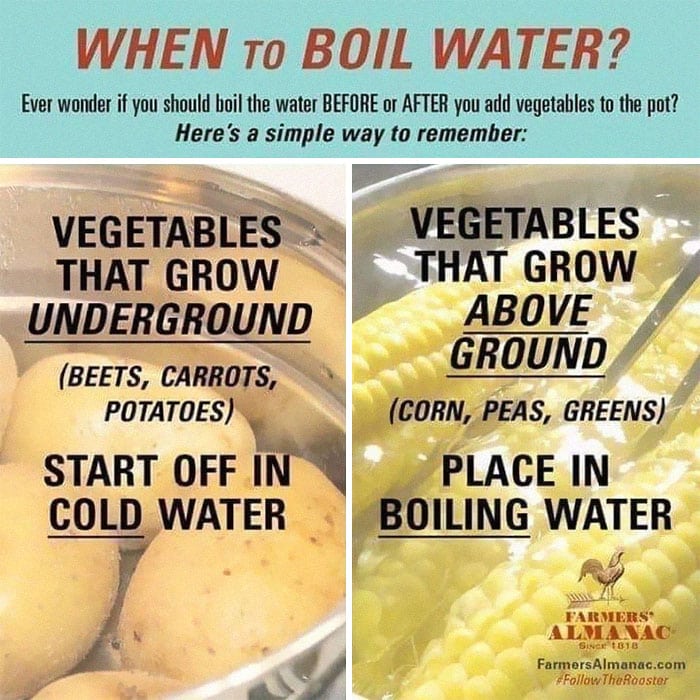
17.
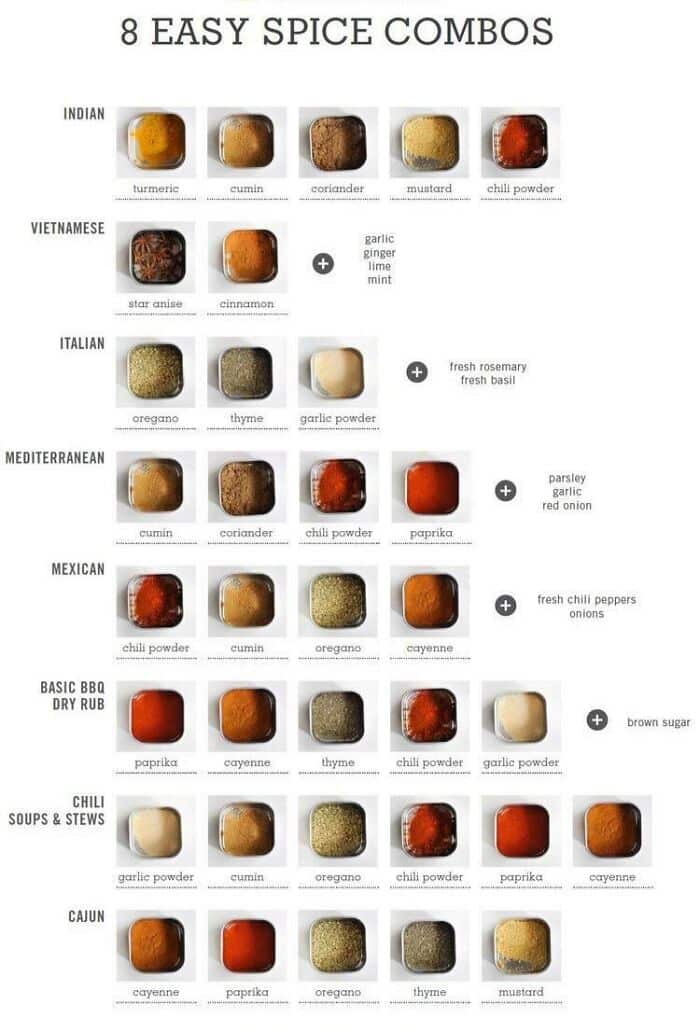
18.
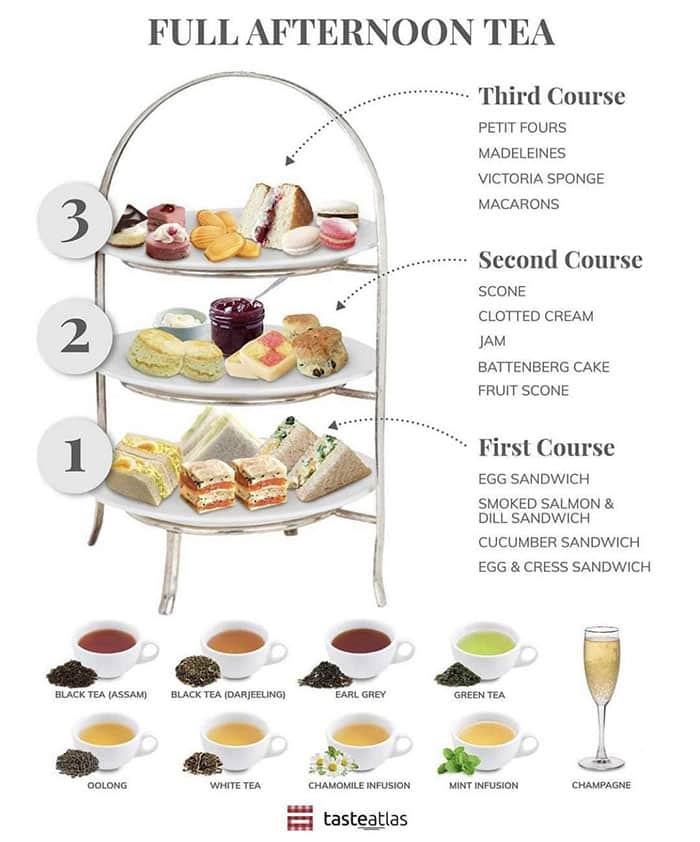
19.

20.
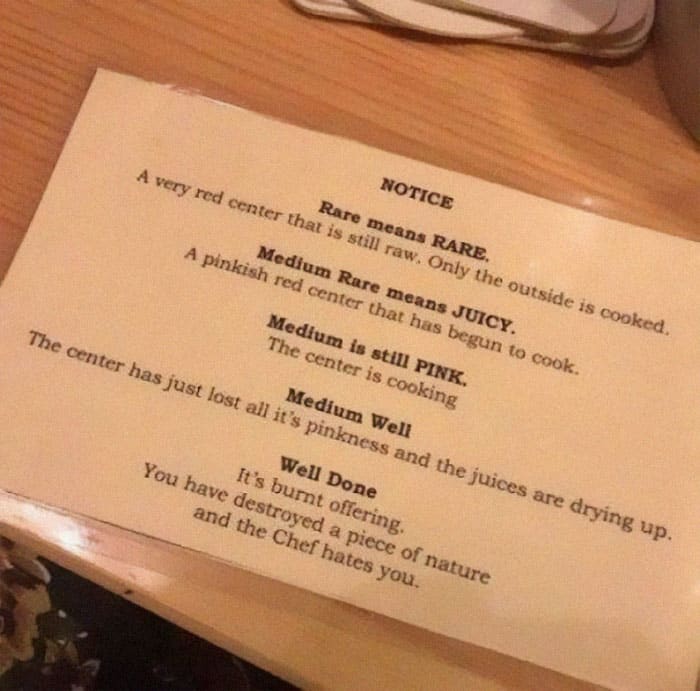
21.
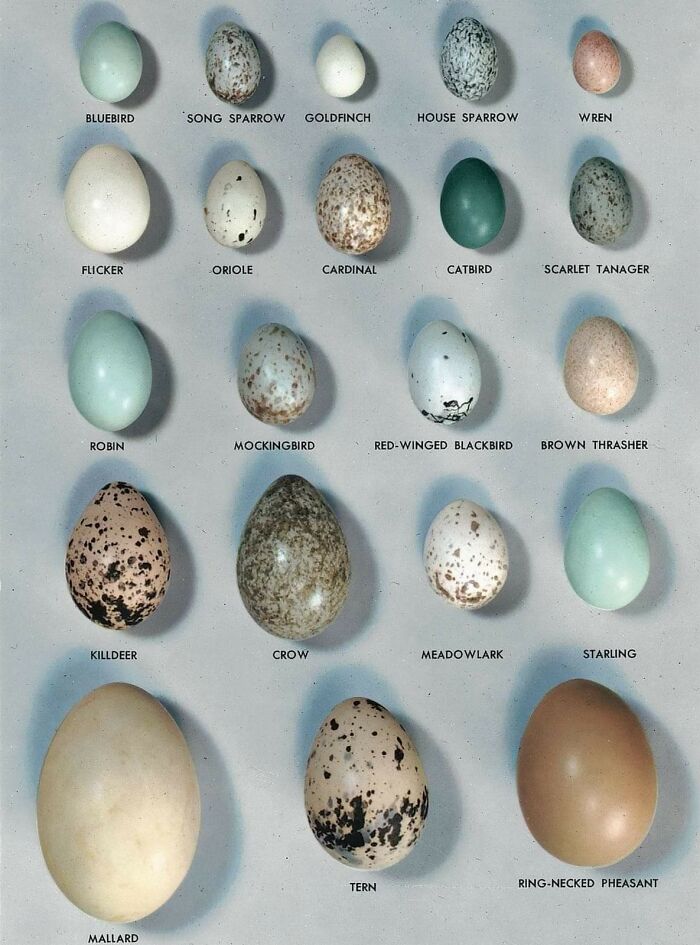
22.
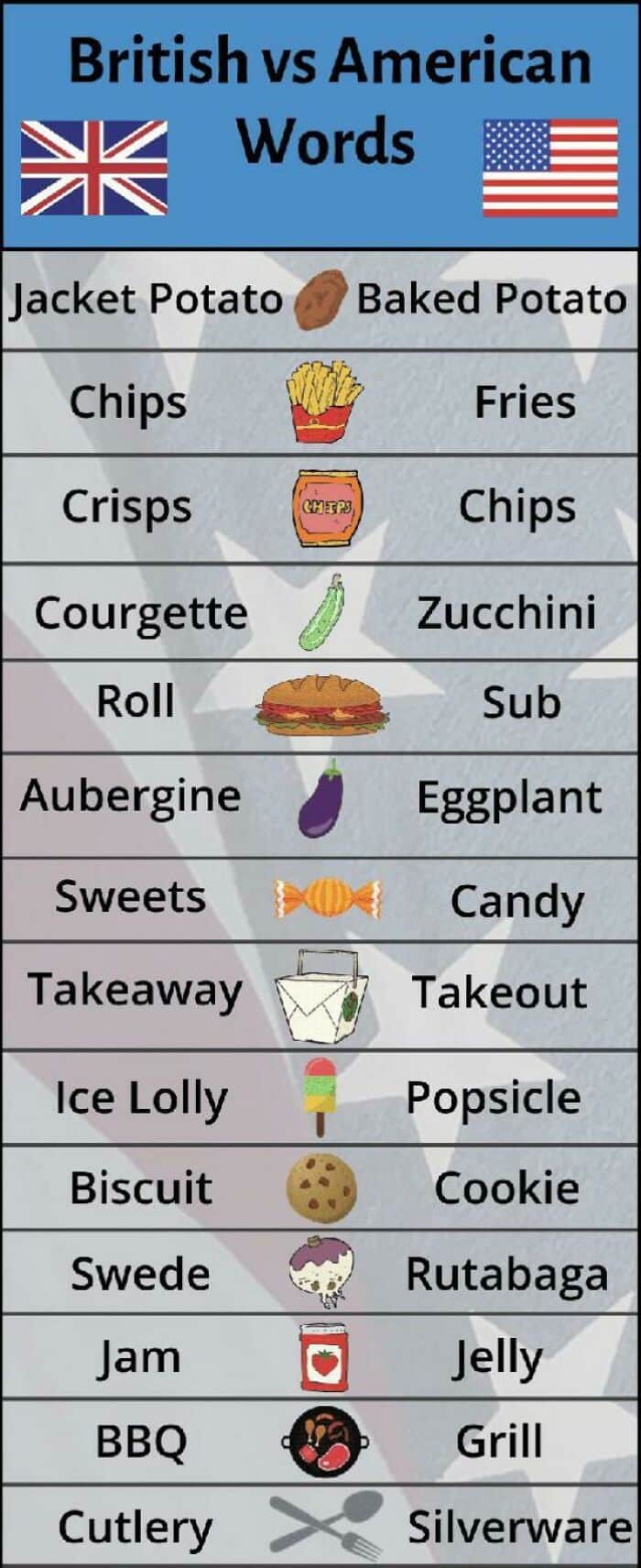
23.
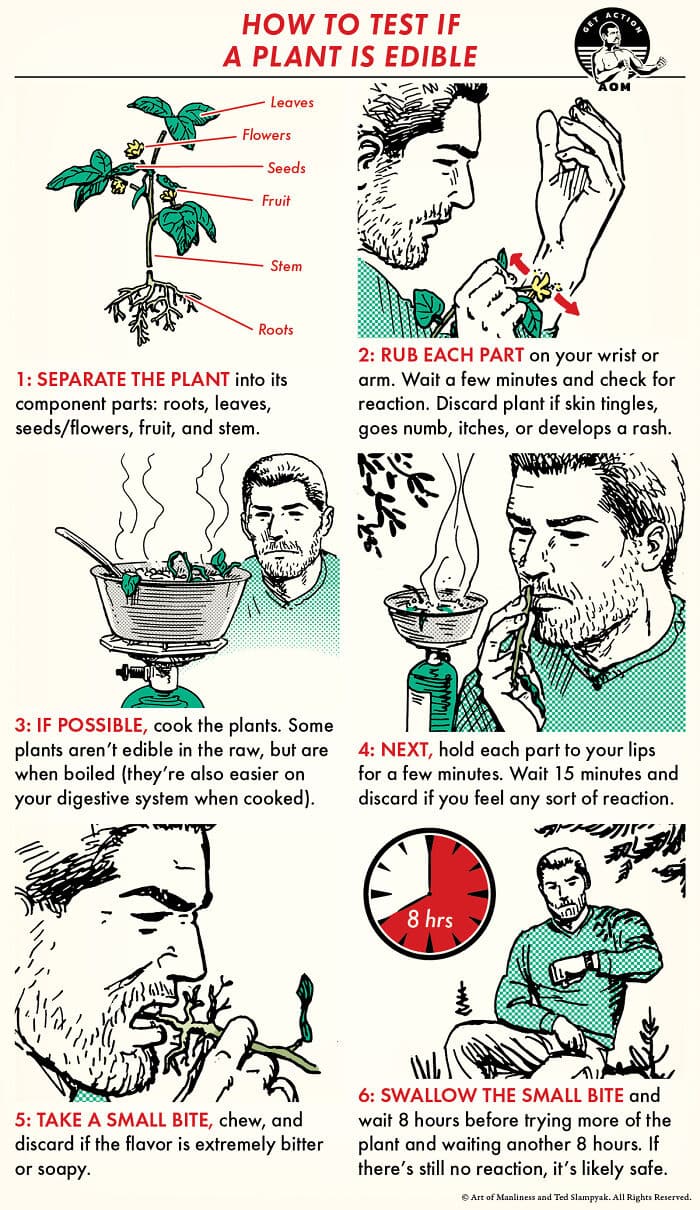
24.
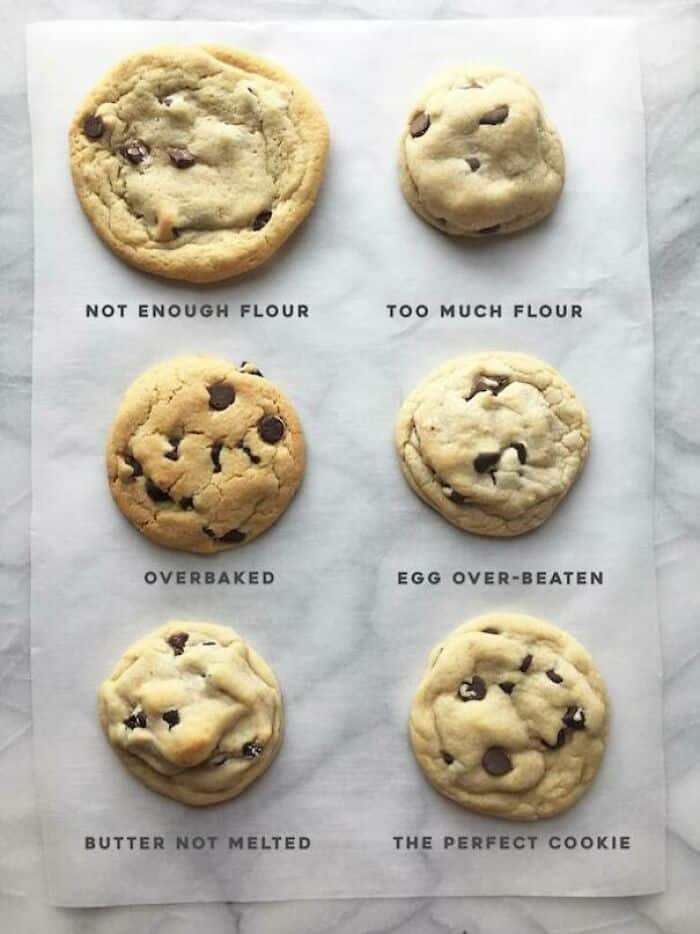
Sharing food is a sort of love language for many people. A delicious home-cooked meal can comfort us when we are down, cure us when we are ill, and make us feel safe when visiting home. Break bread with others is a wonderful way to bond during major holidays and celebrations. Food sharing can be a way to strengthen our romantic relationships. Both men and women view food sharing the same way, with women seeing it more as a form of care-taking and men seeing it as a more romantic gesture. Inseparable bonds are strengthened.
25.
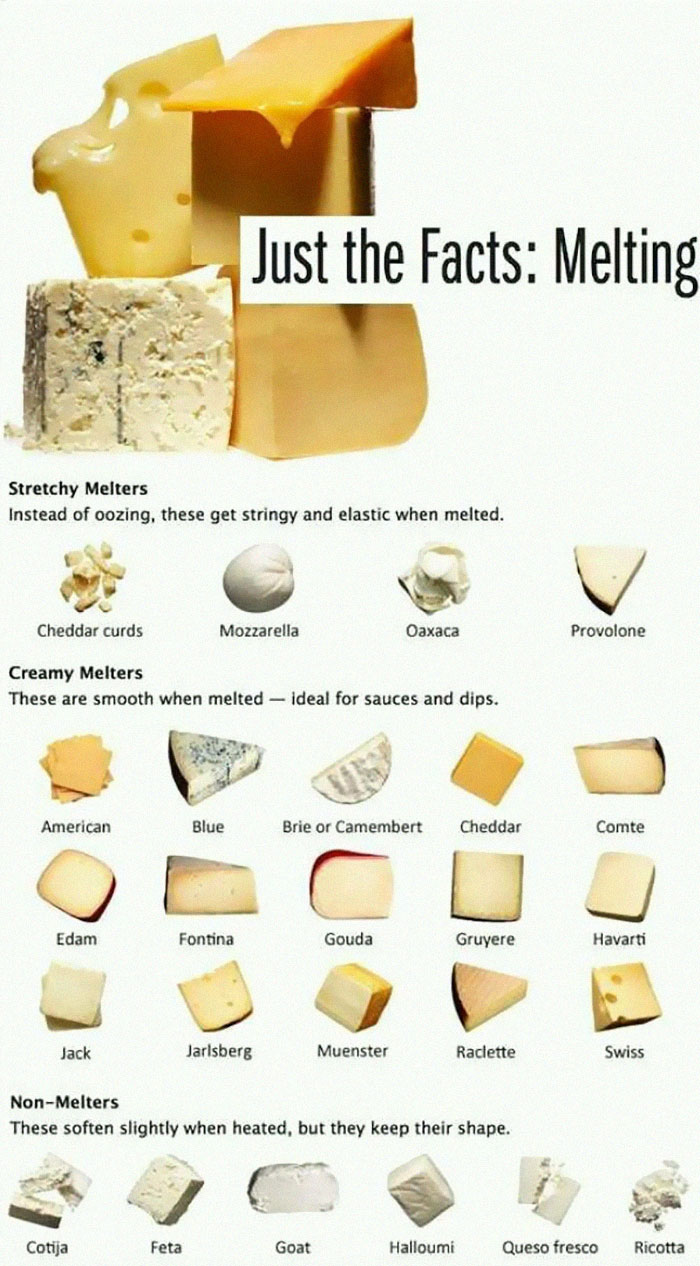
26.
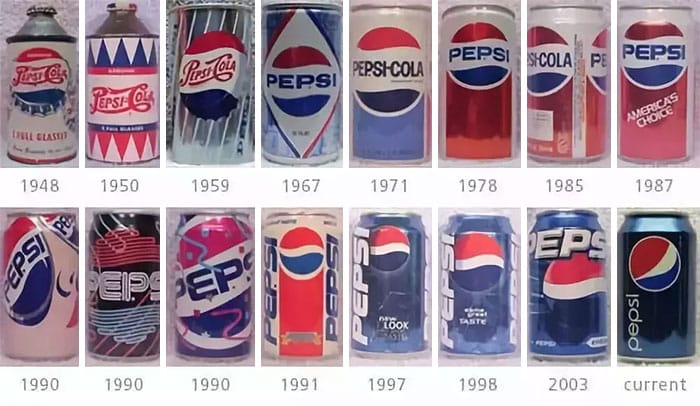
27.
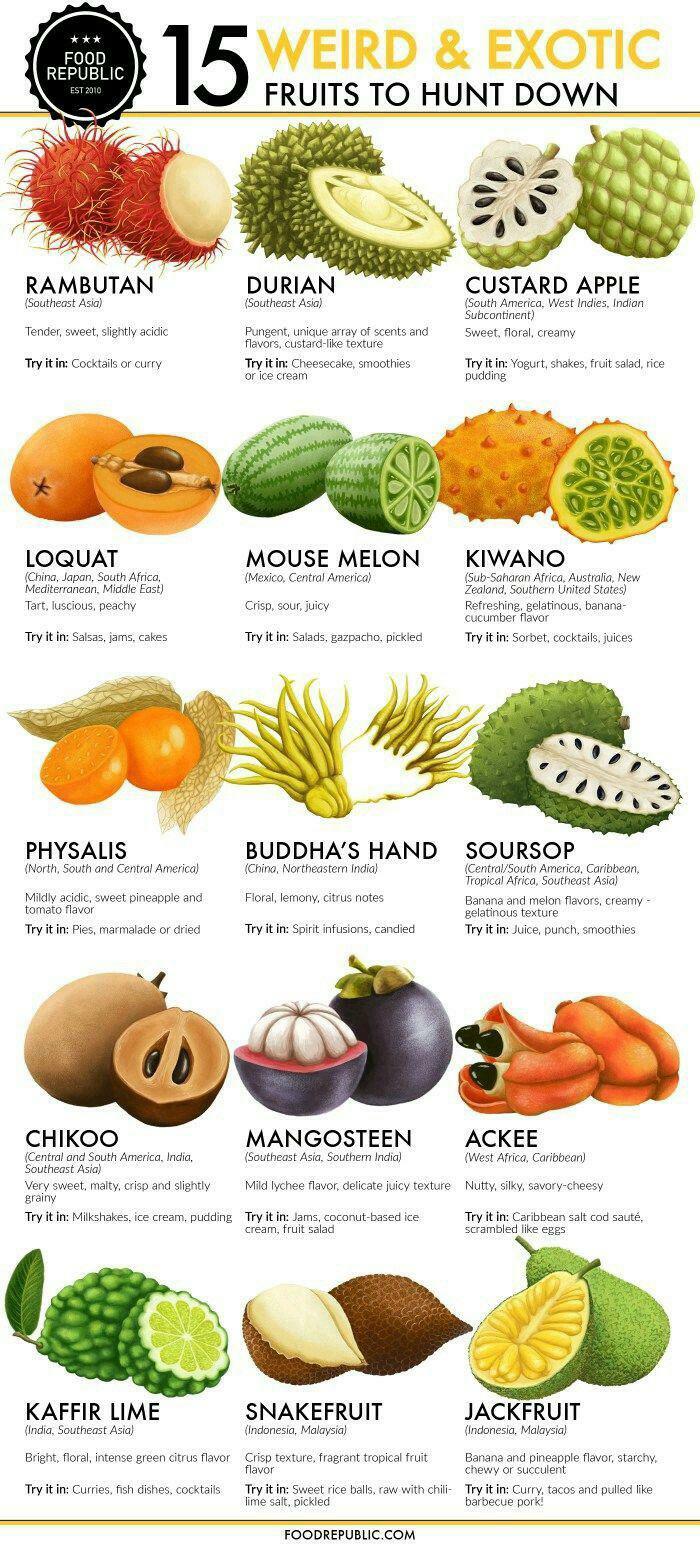
It is amazing that we can skate through life without knowing what is going into our bodies. Learning more about the foods we eat and how to prepare them can be great for our health, our social lives, and our personal satisfaction. We hope this list will inspire you to learn more about food. If you know any fun food facts, please let us know in the comments.
28.
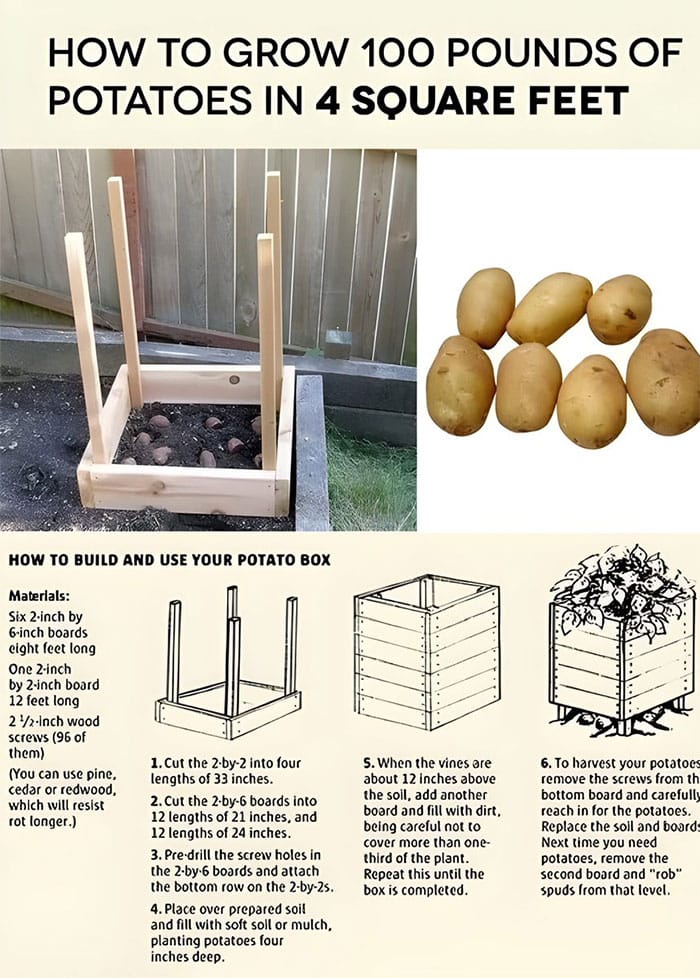
29.
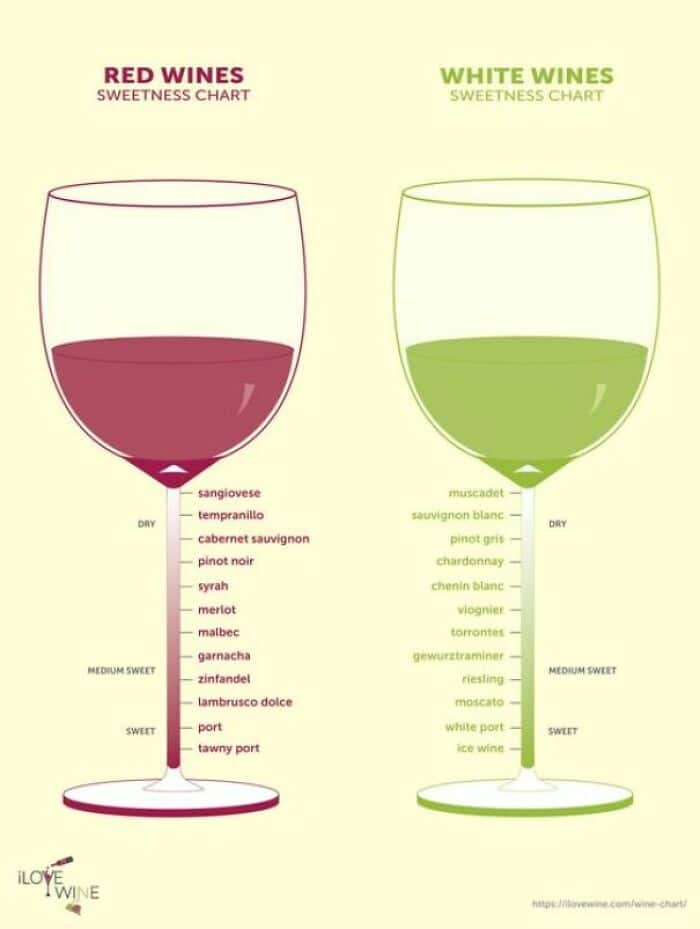
30.
